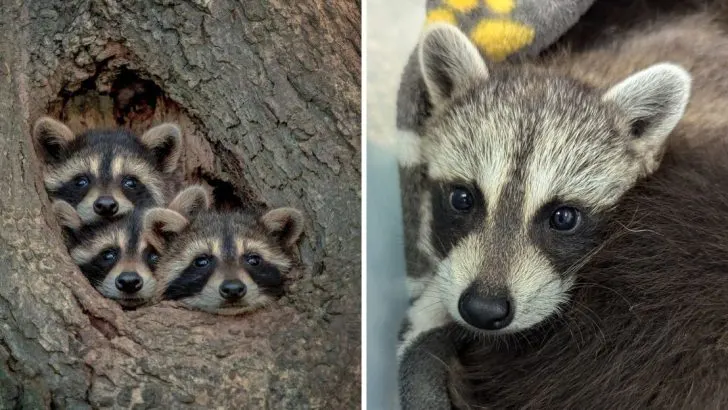Raccoons often get a bad reputation as pesky intruders, but these intelligent and resourceful creatures can bring unexpected benefits to your backyard.
With their curious nature and unique behaviors, raccoons play a surprising role in maintaining ecological balance and can even add a touch of charm to your outdoor space.
In this list, we’ll explore 11 reasons why raccoons might be a welcome addition to your yard.
From their role in pest control to their fascinating antics, these masked visitors just might change the way you see backyard wildlife.
Natural Pest Control
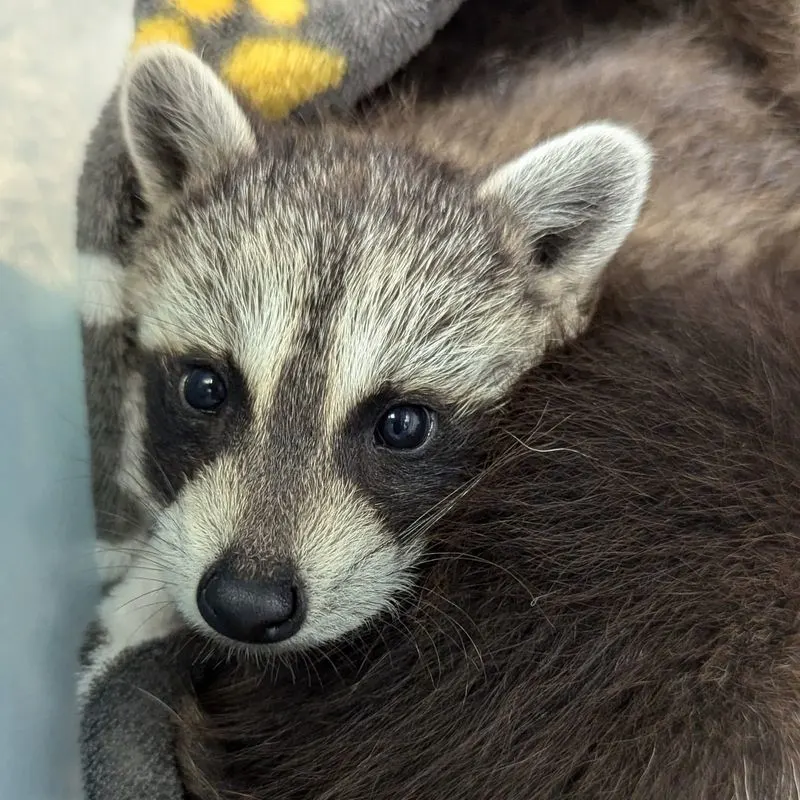
Not all heroes wear capes; some have bushy tails and dexterous paws. In the quiet of the night, raccoons patrol your garden, snagging pesky insects and grubs that threaten your plants. Their palate includes beetles and caterpillars, saving you the hassle of chemical pesticides.
Imagine waking up to a garden where the leaves are untouched by hungry caterpillars. Over time, you’ll notice a natural balance restored. By inviting these nocturnal hunters, your backyard can become a safe haven for plants without the need for harmful chemicals.
Soil Aeration Experts
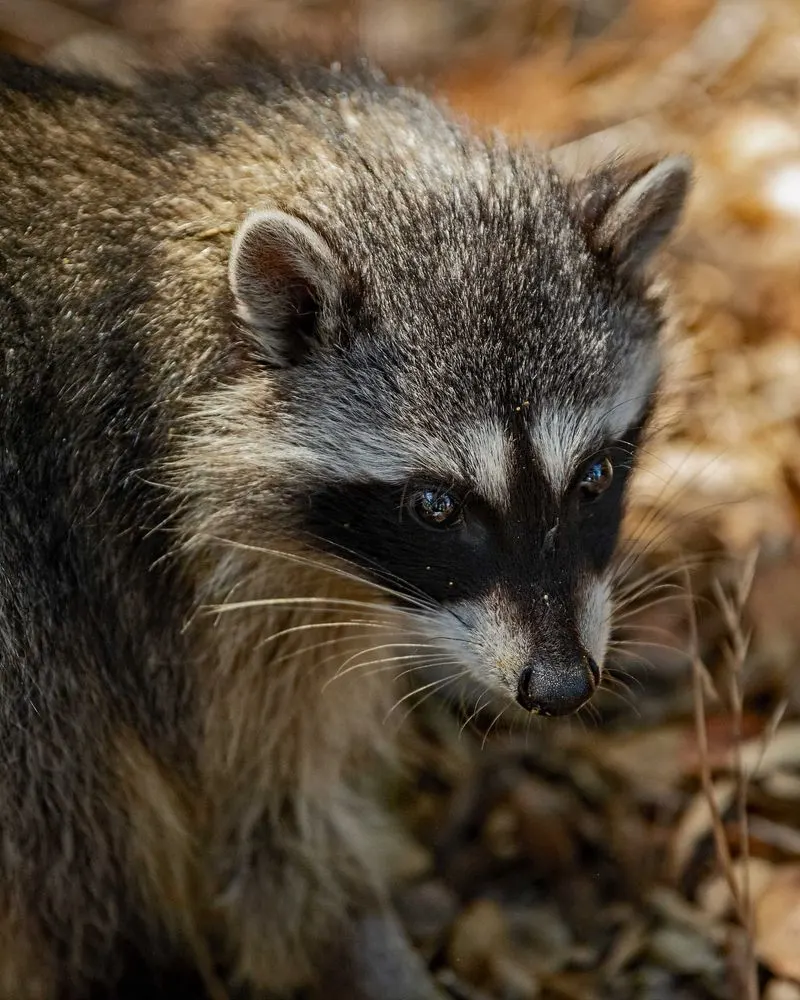
Gardeners know the value of well-aerated soil, and raccoons excel at this task naturally. As they dig for food, they turn over the soil, improving its quality and encouraging healthy plant growth.
This process enhances the soil’s ability to retain water and nutrients. Unlike mechanical aerators that might damage roots, raccoons do it gently. They help ensure your plants have the best chance to thrive. Embrace their natural tilling skills to keep your garden flourishing with minimal effort.
Seed Dispersers
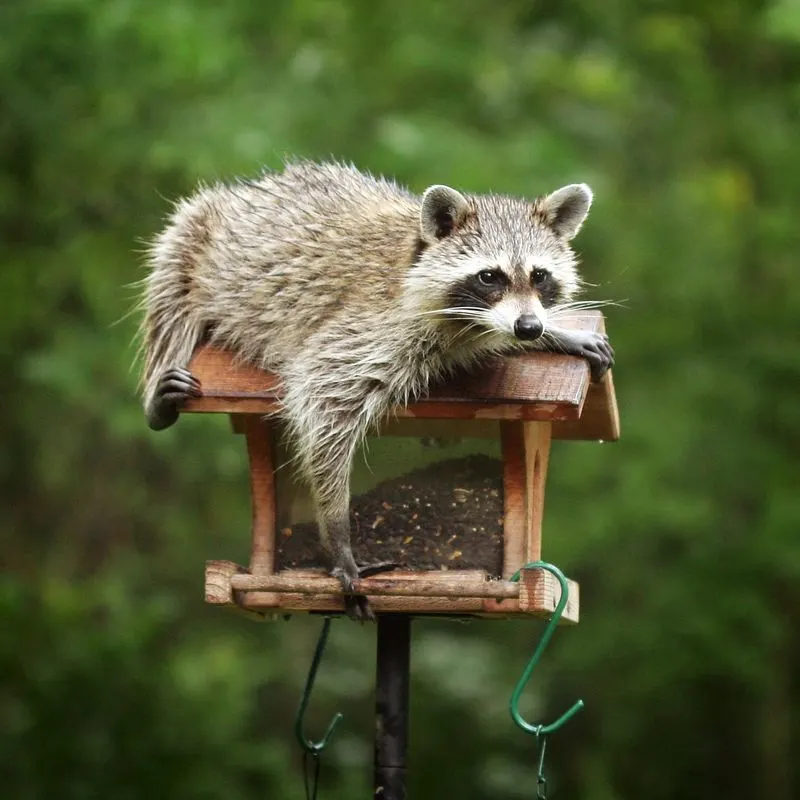
Raccoons, though messy eaters, inadvertently aid in seed dispersal. As they munch on fruits, seeds scatter throughout your garden, enhancing plant diversity.
This natural method of spreading helps propagate a variety of flora across your backyard. Consider this a hands-off approach to gardening, where raccoons do the heavy lifting. This unique ability fosters a rich, biodiverse landscape, inviting other wildlife to your garden.
Compost Enthusiasts
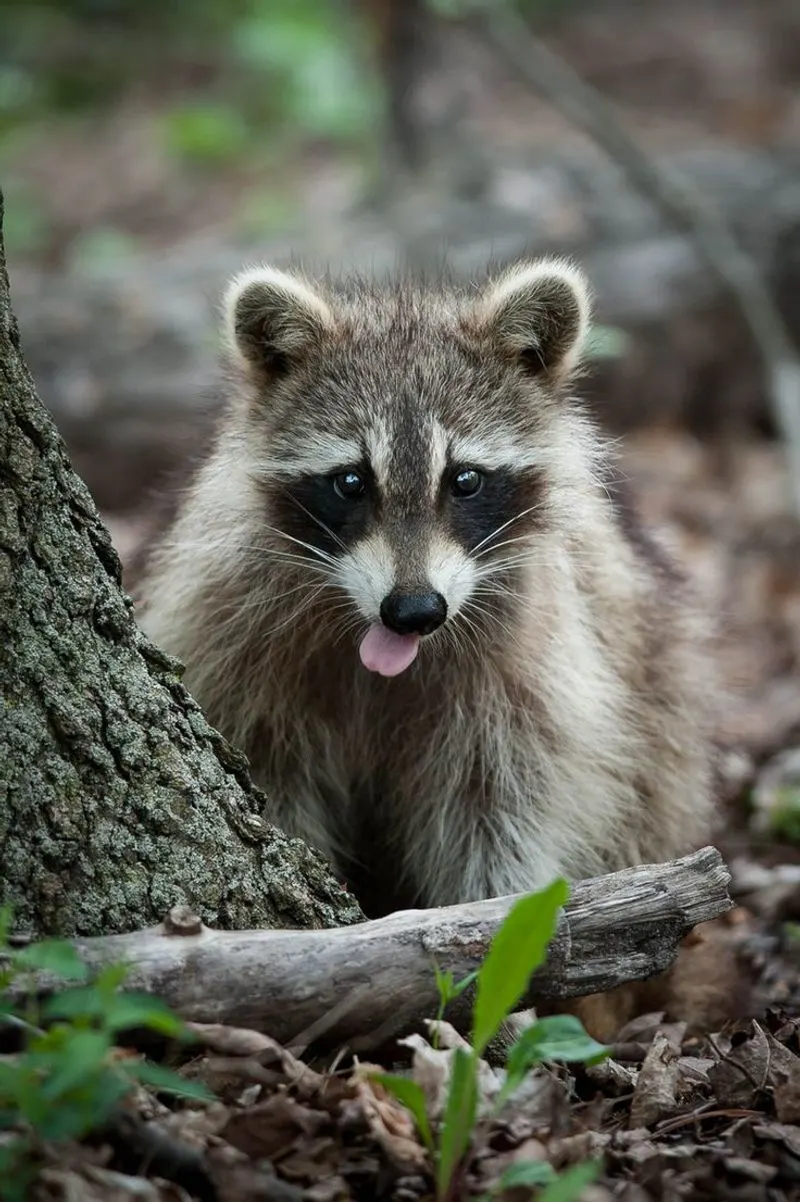
Raccoons have a knack for finding edible treasures in compost piles. As they sift through the organic waste, they accelerate decomposition by breaking down larger chunks.
Their activity helps enrich the compost, making it more effective as a soil conditioner. By allowing raccoons to work your compost pile, you ensure a faster turnover of organic matter into nutrient-rich humus. This collaboration leads to healthier plants and a more sustainable garden.
Wildlife Education Opportunity
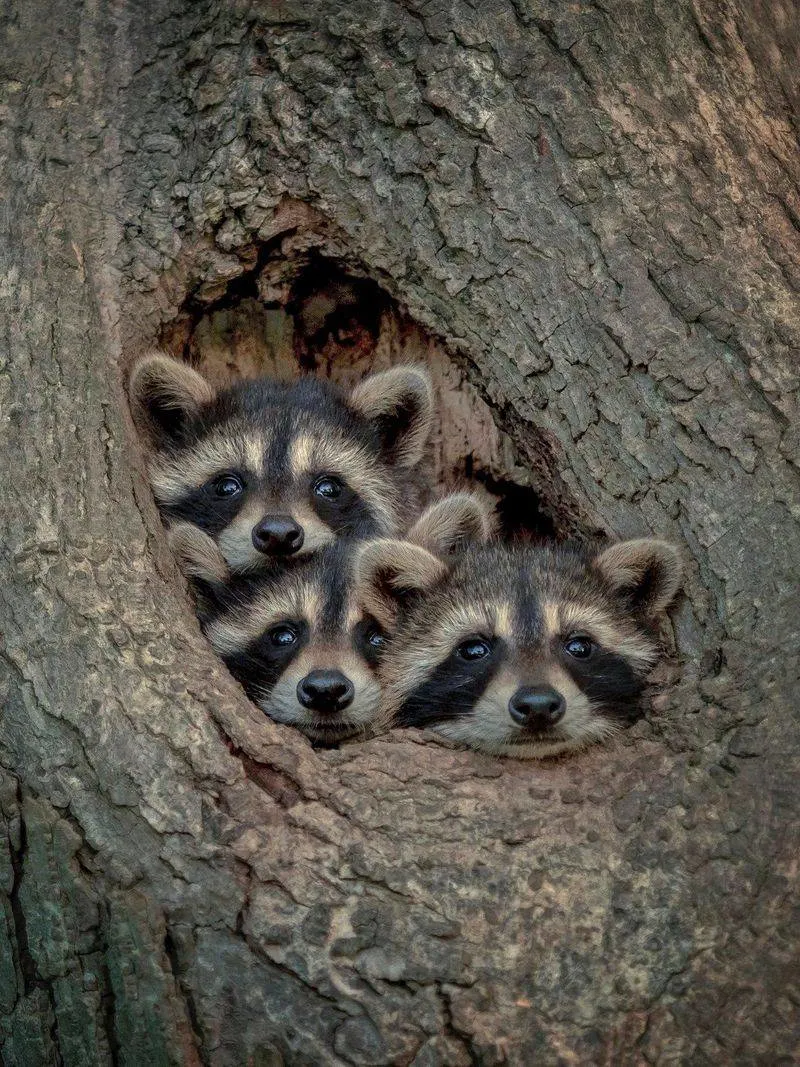
Having raccoons in your backyard provides a firsthand wildlife education experience. Observing these creatures in their natural habitat teaches children about animal behavior and ecology.
Parents can use these moments to instill a love and respect for nature. Watching raccoons navigate their environment offers valuable lessons about coexistence and biodiversity. This unique classroom fosters curiosity and appreciation for the world around us.
Add a Playful Touch
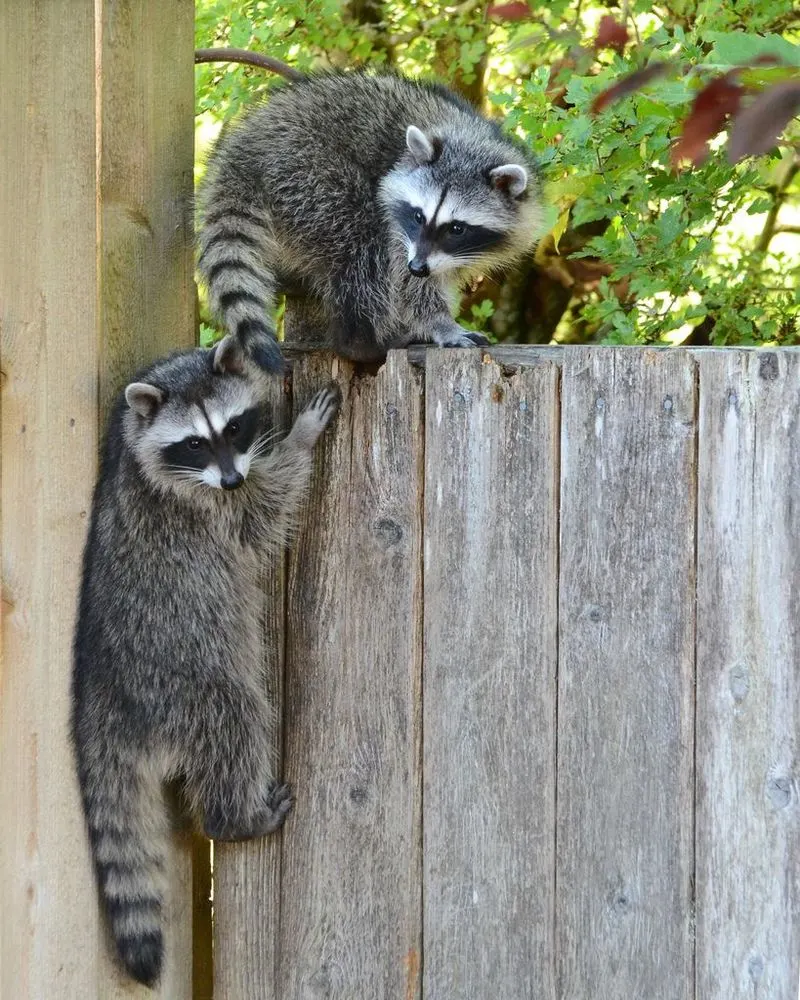
Raccoons bring a sense of whimsy and playfulness to gardens. Their curious nature often leads to amusing antics, like playing with garden ornaments or exploring hidden corners.
This lively presence adds character to your backyard, turning it into a dynamic space. Each night, a new adventure unfolds as raccoons explore. Their playful spirit can be contagious, inspiring joy and laughter among those who observe them.
Natural Fertilizer Providers
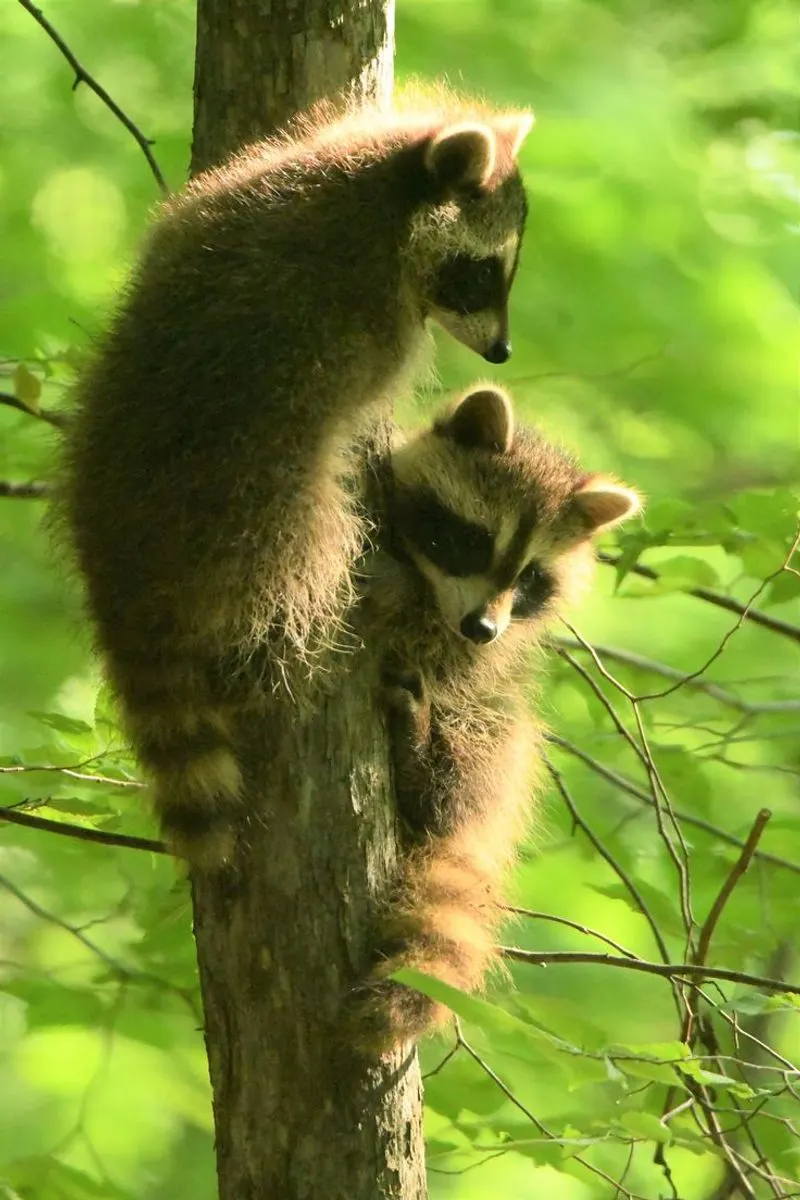
Raccoons contribute to the nutrient cycle by leaving behind droppings that act as natural fertilizer. These droppings enrich the soil with essential nutrients, supporting plant health.
This organic matter boosts soil fertility without the need for synthetic fertilizers. It’s a sustainable way to nourish your garden and promote robust plant growth. The presence of raccoons is a testament to a thriving ecosystem that benefits all living organisms.
Bird Feeder Clean-Up
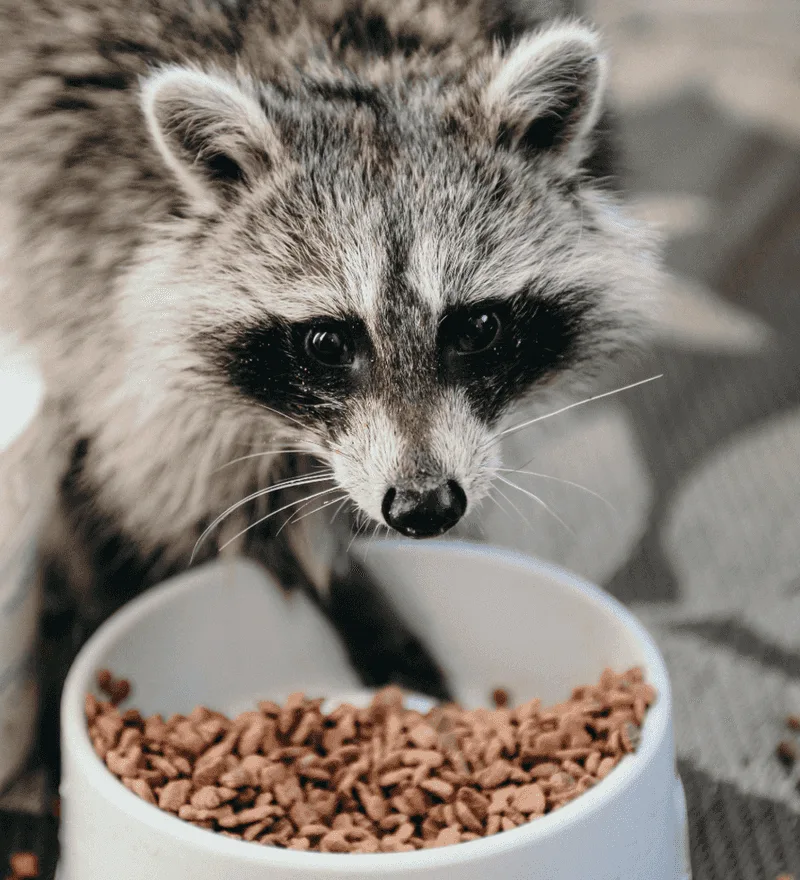
While raccoons love bird feeders, they also serve as efficient cleaners. Spilled seeds attract pests and can lead to unwanted plant growth if left unchecked.
Raccoons tidy up these messes, preventing potential problems. This symbiotic relationship ensures your garden remains tidy and pest-free. By allowing raccoons to partake in the feast, your bird feeders stay cleaner, benefiting both your garden and local wildlife.
Pollinator Allies

Although not primary pollinators, raccoons inadvertently assist in the process. As they move through flowers searching for food, they help spread pollen.
Their nightly visits support the pollination efforts of bees and butterflies. This collaboration ensures a vibrant floral display in your garden. Raccoons play their part in maintaining a healthy, blossoming ecosystem.
Encourage Local Biodiversity
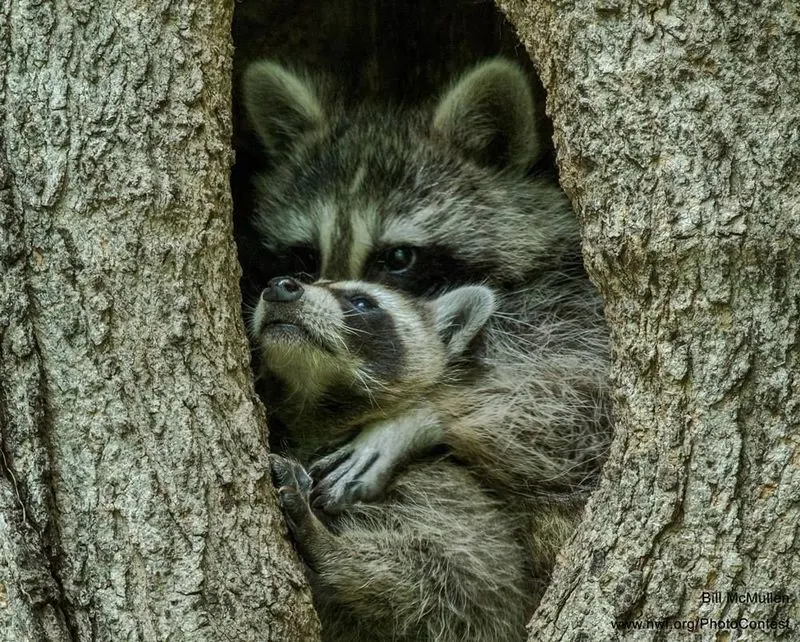
The presence of raccoons can enhance local biodiversity. As part of the food web, they interact with various species, promoting a balanced ecosystem.
This interaction encourages a variety of plants and animals to flourish, creating a diverse habitat. By welcoming raccoons, you contribute to the ecological richness of your area. Witness the harmony and beauty of nature, right in your backyard.
Support for Natural Pest Cycles
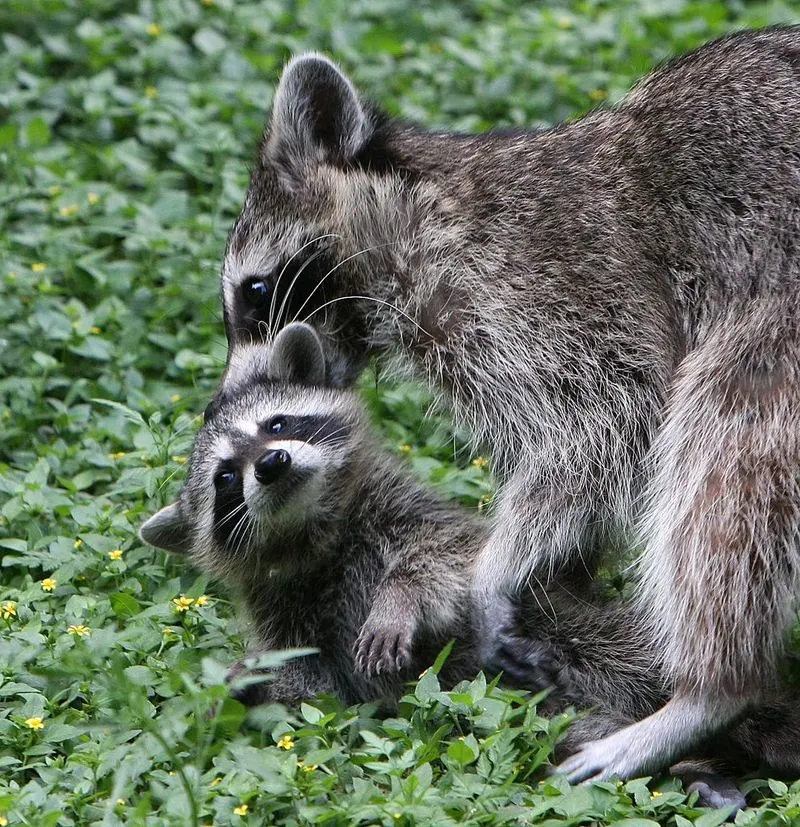
Raccoons play a crucial role in controlling pest populations, including small rodents. Their hunting activities help maintain the natural pest cycles, preventing overpopulation.
This natural regulation reduces the need for human intervention. It ensures your garden remains a harmonious space where plants and animals coexist peacefully. Let raccoons be part of this delicate balance, supporting the health and vitality of your garden.

